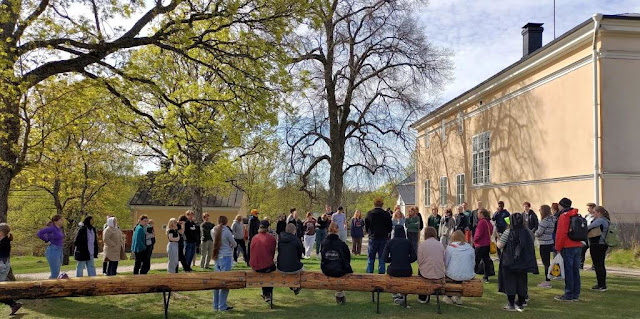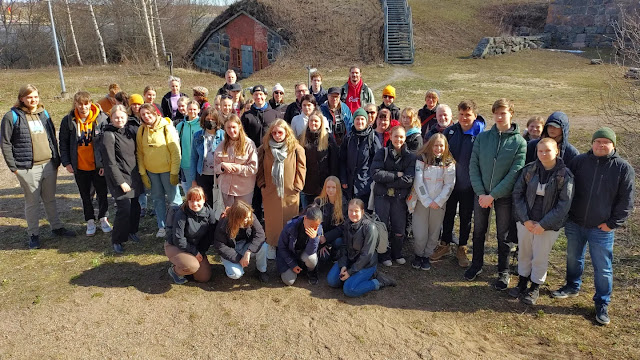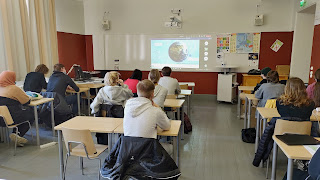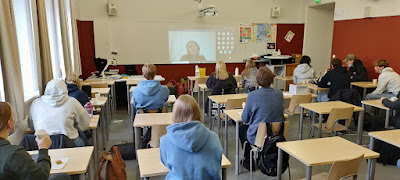BSP and GLOBE scientific students conference in Lithuania
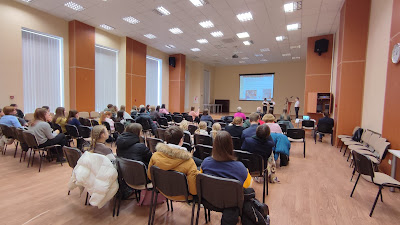
This weekend, the GLOBE and Baltic Sea Project conference took place in Vilnius. This year, after learning the lessons of the quarantine, the conference was held in a hybrid way for the first time. When such an opportunity arose, for the first time we were happy with conference participants and guests representing six countries. Valdas Jankauskas, the newly appointed director of LMNŠC, and Andrea J. K. Lindgren, representative of the US Embassy, opened the event with a solemn welcome speech. After that, event participants soon began to amaze by their creativity and hard work. A total of 17 works were presented during the weekend, among which were not only participants from Lithuania but also teams from Estonia and Poland who joined us remotely. After finishing the official part, the students and teachers who came from all over Lithuania continued the evening of the first day of the event at the VU Geology Museum. Here, with the help of prof. Eugenija Rudnickaitė, they got acqua...

